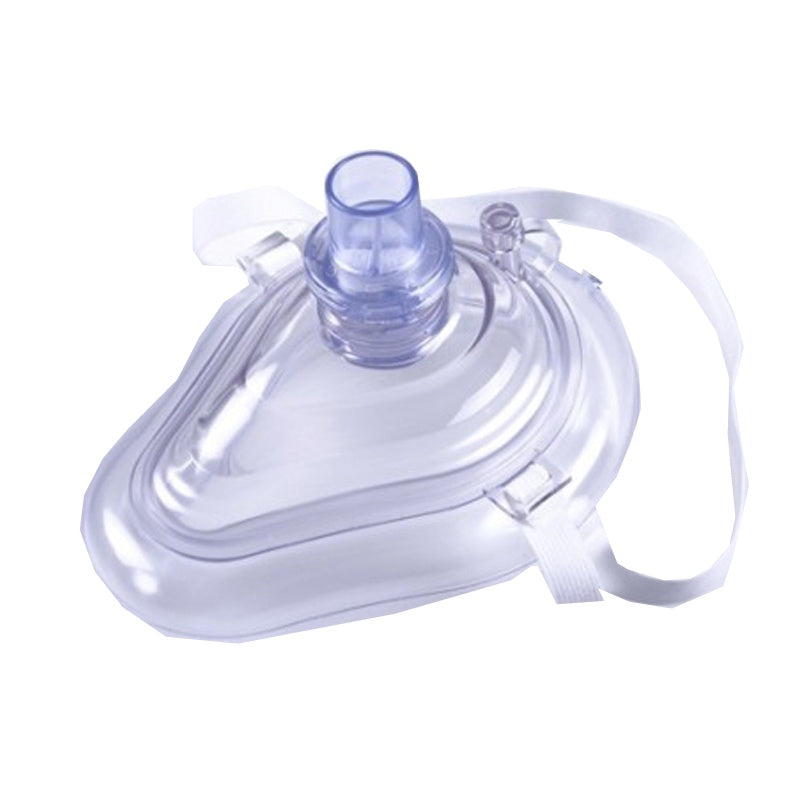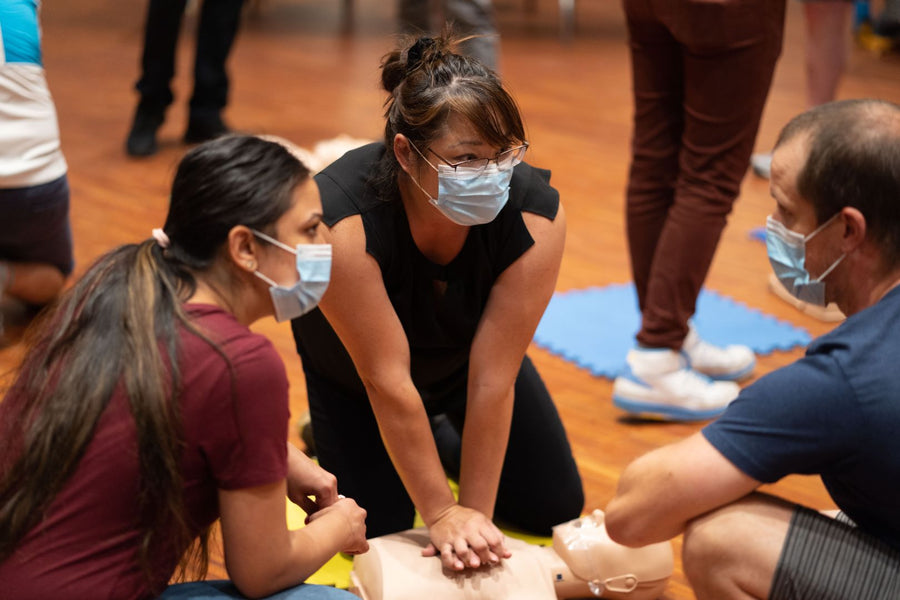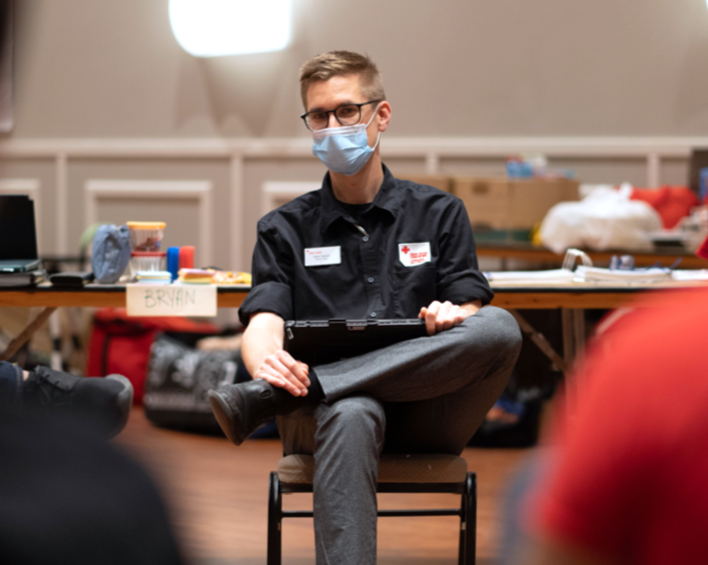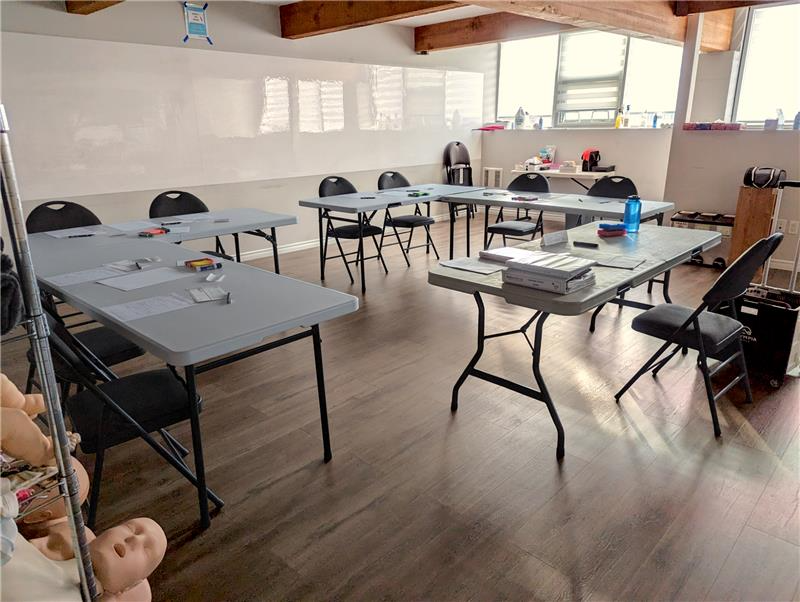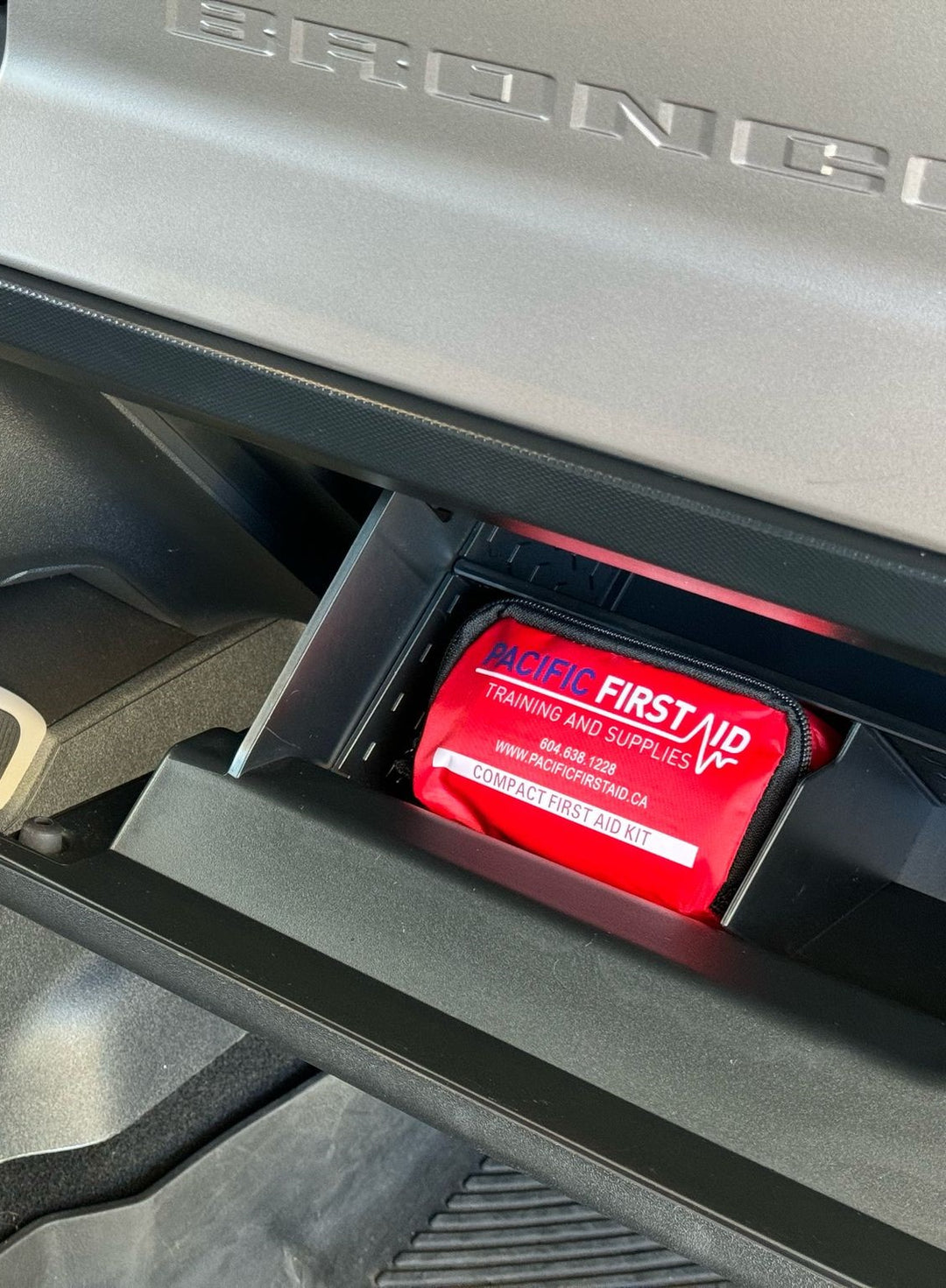
How to tell if you have a concussion
Concussions are more complex than we think. Concussions can take on various symptoms and have permanent effects on the brain for the rest of one’s life. If you or someone you’re with is experiencing a concussion, it’s important to know the signs so you can take action right away and apply first aid for a head injury.
What is a concussion?
To start, let’s break down what exactly a concussion is. A concussion is a type of traumatic brain injury (otherwise known as TBI) caused by a blow or bump to the head that causes the brain to move rapidly back and forth. This movement can cause the brain to bounce in the skull, which creates chemical changes and can damage brain cells.
Concussion symptoms
Concussions can have many symptoms so it’s important to understand the different kinds. The symptoms can be broken down into cognitive, sensory, mood and blood dysregulation-related symptoms.
Cognitive-related symptoms:
- Amnesia
- Confusion
- Short-term memory problems
- Difficulty reading
- Brain fog / easily distracted / difficulty concentrating
Sensory-related symptoms:
- Blurred vision
- Nausea related to motion
- Loss of taste or smell
- Ringing ears
- Losing balance
Mood-related symptoms:
- Anxiety
- Depression
- Feeling overwhelmed
- Low energy / motivation
- Nausea related to motion
- Loss of taste or smell
- Ringing ears
- Losing balance
- Various other mood / personality changes
- Mental health awareness plays a big role in concussions
Blood dysregulation symptoms:
- Headache
- Fatigue
- Nausea
- Dizziness
- Neck pain
- Vomiting
- Slurred speech
- Light and noise sensitivities
- Sleep disturbances
So, how can you tell if you have a concussion?
First thing’s first, you have to have hit your head. If you’re experiencing any symptoms, seek medical attention immediately. If you go to the hospital, doctors will perform concussion tests including MRI or CT scans. However, both scans can’t reliably detect concussions, although they can rule out some of the more serious symptoms (tumors, brain bleed or aneurysms).
If you’re still feeling the effects several months after your injury, then it’s recommended you get an fNCI test. It’s a special type of MRI that looks at how the brain uses its resources in response to different stimuli.
What to do if you have a concussion
If you think you have a concussion, it’s important to pause your normal life activities, including working out, strenuous activities and sports. If you hit your head really hard and immediately feel like something is off, it’s important to react to emergency situations right away and go to the hospital. The best recovery regimens involve a balance of exercise, light activity and lots of rest. You can slowly go back to normal, depending on your symptoms.
People that have already had one concussion are more susceptible to getting another. Although rare, some can risk second impact syndrome, which is a fatal condition where people get a second concussion while not yet recovered from the first.
It’s also important to be aware of “cocooning”. Cocooning is when people sit in a dark room all day and avoid both screens and regular activities with the hopes of recovering more efficiently. This can actually increase your likelihood of long-lasting symptoms.
At Pacific First Aid, you can take a standard first aid course online or a concussion education course and learn how to react and help yourself and others if you have a concussion. Using first aid for head injuries helps as a preventative measure and can even go so far as to save lives.



